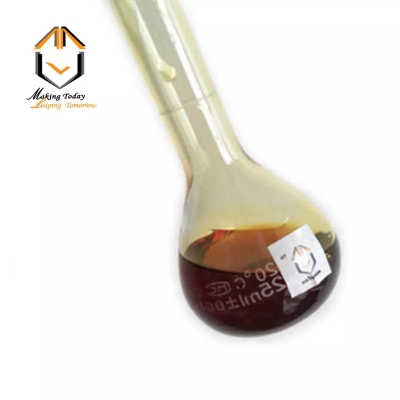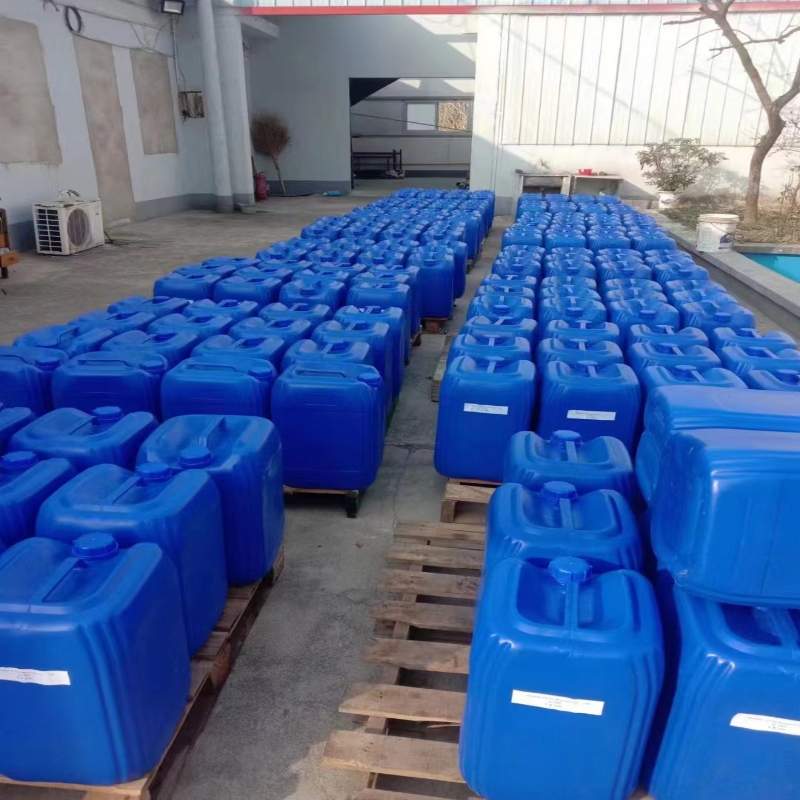-
Categories
-
Pharmaceutical Intermediates
-
Active Pharmaceutical Ingredients
-
Food Additives
- Industrial Coatings
- Agrochemicals
- Dyes and Pigments
- Surfactant
- Flavors and Fragrances
- Chemical Reagents
- Catalyst and Auxiliary
- Natural Products
- Inorganic Chemistry
-
Organic Chemistry
-
Biochemical Engineering
- Analytical Chemistry
-
Cosmetic Ingredient
- Water Treatment Chemical
-
Pharmaceutical Intermediates
Promotion
ECHEMI Mall
Wholesale
Weekly Price
Exhibition
News
-
Trade Service
According to a report by PetroChina News on May 3, 2021, Moscow, Bloomberg News quoted data released by the Russian Ministry of Energy as saying that due to OPEC+’s relaxation of production cuts, Russia’s average daily oil production in April was 1,046 Million barrels, an increase of 1.
Before April, Russia’s oil production quota was raised twice, in February and March by 65,000 barrels per day.
OPEC+ will increase its daily oil production by 2 million barrels from May to July, demonstrating its confidence in improving demand.
According to TASS news agency, the Russian Ministry of Energy stated that production cuts were one of the factors leading to the decline in Russian oil exports in the first four months of this year.
Russia’s oil production has fallen from last year’s record high.
Because of these predictions, Russia needs to monetize its oil wealth when it is capable, or, as the Chairman of the Energy Committee of the Russian Parliament said earlier this year, “All the oil that can be produced should be produced when there is still demand.
This is the basic situation or the most likely situation proposed by the Russian Ministry of Energy.
Li Jun compiled from the oil price network
The original text is as follows:
Russia Boosted Oil Production In April
Russia produced 10.
Russia's production quota had been upped twice before April, by 65,000 bpd in February and March.
OPEC+ in total will increase its oil production by 2 million barrels daily between May and July, signaling its belief in improving demand.
The production cuts were among the factors that drove Russia's oil exports lower in the first four months of the year, the Energy Ministry said, as quoted by TASS.
Russia's oil production fell from record highs last year for the first time in a decade due to its participation in the OPEC+ pact.
Because of these projections, Russia needs to monetize its oil wealth while it can, or, as the head of the energy committee at the Russian parliament put it earlier this year, "Everything that can be produced should be produced while there is still demand to sell it.
This is the base-case or most likely scenario developed by the Energy Ministry.







